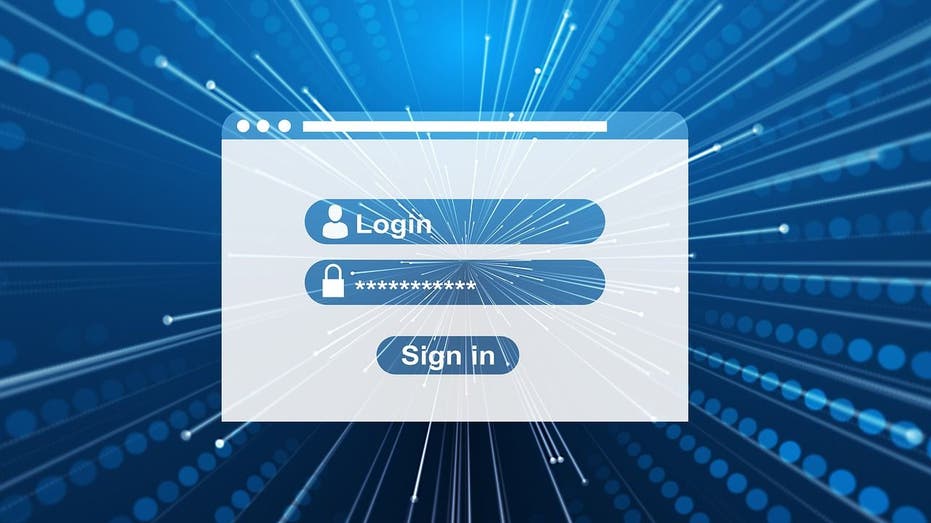The Most Common and Most Vulnerable Passwords of 2024: What You Need to Know

In today’s digital age, we often find ourselves juggling numerous online accounts, leading many of us to resort to weak passwords like “123456” or “password.” A recent report from NordPass reveals that these insecure practices persist, putting our online safety at risk.
Understanding the Password Landscape
NordPass, in collaboration with the threat management firm NordStellar, has sifted through a staggering 2.5TB database of global passwords, including data from the dark web. Their findings show a shocking lack of improvement in password security. For the sixth year running, “123456” tops the list, used by over 3 million individuals. Following closely are variations like “123456789” and “12345678.” The universal tendency to choose simple passwords is alarming, especially as “password” remains a common choice for nearly 700,000 users.
Top 10 Most Common Passwords of 2024
According to NordPass, here are the ten passwords you should avoid at all costs:
1. 123456
2. 123456789
3. 12345678
4. password
5. qwerty123
6. qwerty1
7. 111111
8. 12345
9. secret
10. 123123
Weak Passwords in Professional Settings
You might assume that those in professional environments would exercise greater caution with their passwords. Surprisingly, corporate accounts mirror personal password habits alarmingly closely, with “123456” being the most frequently used password in business settings, appearing over 1.2 million times.
The Risks of Weak Passwords
Using easily guessable passwords is akin to leaving your front door wide open in a neighborhood rife with burglars. Such passwords can be cracked in mere seconds, leading to serious consequences like account compromise and identity theft.
Steps to Enhance Your Password Security
Breaking the cycle of weak passwords requires conscious effort. Here are some actionable steps you can take:
1. **Create Longer Passwords**: Aim for passwords that are at least 20 characters in length.
2. **Use a Variety of Characters**: Combine uppercase letters, lowercase letters, numbers, and special symbols for added complexity.
3. **Avoid Reusing Passwords**: Ensure that each of your accounts has a unique password.
4. **Regularly Update Your Passwords**: Periodically review and refresh your passwords to stay secure.
5. **Consider a Password Manager**: These tools can generate and securely store complex passwords, minimizing the risk of reuse and ensuring you don’t have to remember every password yourself.
6. **Adopt Passkeys**: Passkeys are emerging as a secure alternative to traditional passwords, allowing for automatic sign-ins using facial recognition or fingerprint authentication.
The Importance of Digital Security
It’s clear that we need to take our password security more seriously. Relying on weak passwords like “123456” is a risk we can no longer afford to take, especially with so much of our lives conducted online. By implementing simple measures such as creating longer, more complex passwords and using a password manager, we can significantly bolster our defenses against cyber threats. Let’s make a collective effort to prioritize digital security in 2025 and beyond.
What’s the worst password you’ve ever used? Did it lead to any issues? Share your experiences with us at our contact page.
For more tech tips and security alerts, consider subscribing to our newsletter for the latest updates.
Stay informed and safeguard your digital life!